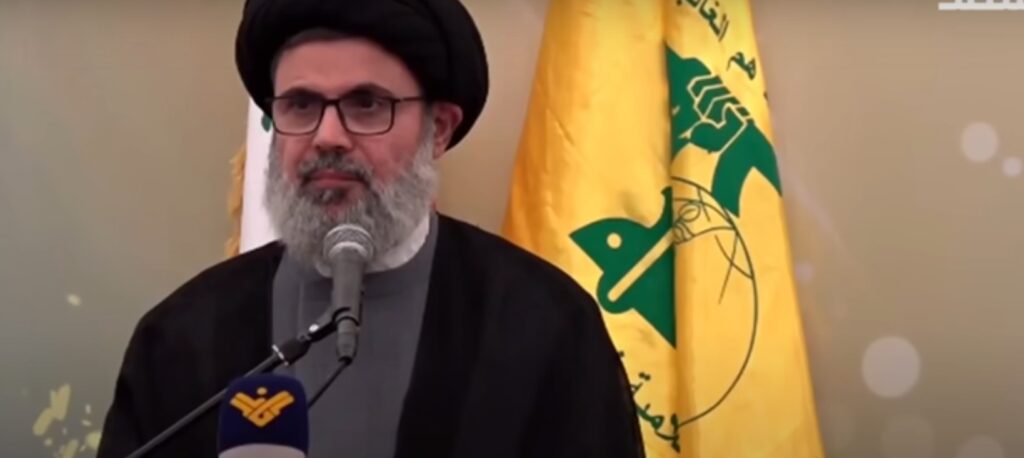Meanwhile, the Israel Defense Forces (IDF) are planning to intensify their attacks on Hezbollah in Lebanon in the coming days, aiming to weaken the organization as much as possible.
Hezbollah remains in shock following Nasrallah’s assassination by Israel.
However, both Iran and Hezbollah’s Jihad Council understand the need to quickly recover, appoint a successor, and identify potential replacements for military commanders, as Israel remains committed to its policy of targeted assassinations across all levels of Hezbollah—from its senior leadership down to field commanders.
Hezbollah must project an image of resilience, signaling that it is swiftly recovering from Nasrallah’s death and remains determined to continue its fight against Israel.
It is widely believed that the selection of Nasrallah’s successor will occur once the mourning period concludes, with Iran expected to have significant influence over the decision.
The country is keen to learn from Israel’s recent assassinations of Hezbollah leaders and adjust its strategy accordingly.
The Israeli security establishment estimates that Hezbollah may opt to distribute Nasrallah’s responsibilities among several senior officials, overseeing the military, civil, and organizational sectors separately.
This strategy would aim to mitigate further harm to the organization, particularly as the conflict with Israel escalates and targeted killings continue to eliminate Hezbollah’s top leadership.
Currently, Hashem Safi al-Din is seen as the frontrunner to succeed Nasrallah.
Safi al-Din, who is regarded as Hezbollah’s strongest figure, is closely aligned with the Iranian regime.
Not only is he Nasrallah’s cousin, but his son is married to the daughter of Qasem Soleimani, the former commander of the Quds Force, who was killed by the U.S. military in Iraq in January 2020.
Born in the village of Deir Kanon a-Nahar in southern Lebanon, the 60-year-old Safi al-Din oversees Hezbollah’s social and civil projects as head of its executive council.
Israeli security officials describe him as more radical than Nasrallah, noting his deep-seated hatred for Israel.
His ascension to Secretary General would signal a continuation of Hezbollah’s jihadist policy against Israel, maintaining its loyalty to Iran while rebuilding its military strength.
Another key figure in the succession battle is Sheikh Naim Qassem, who has served as Hezbollah’s Deputy Secretary General since 1991.
At 71 years old, Qassem holds a religious leadership role and frequently represents the organization in the media, explaining its positions.
While his role is largely symbolic, it is possible that he could be named Secretary General, with Hashem Safi al-Din wielding real power behind the scenes.
Israeli defense strategists argue that Israel must focus on the elimination of both Hashem Safi al-Din and Naim Qassem, while also extending its policy of targeted assassinations to Hezbollah’s political arm.
With Hezbollah currently in disarray following Nasrallah’s death, Israel sees an opportunity to deepen the chaos and demoralize the group’s ranks, reinforcing the deterrence power of targeted killings.




